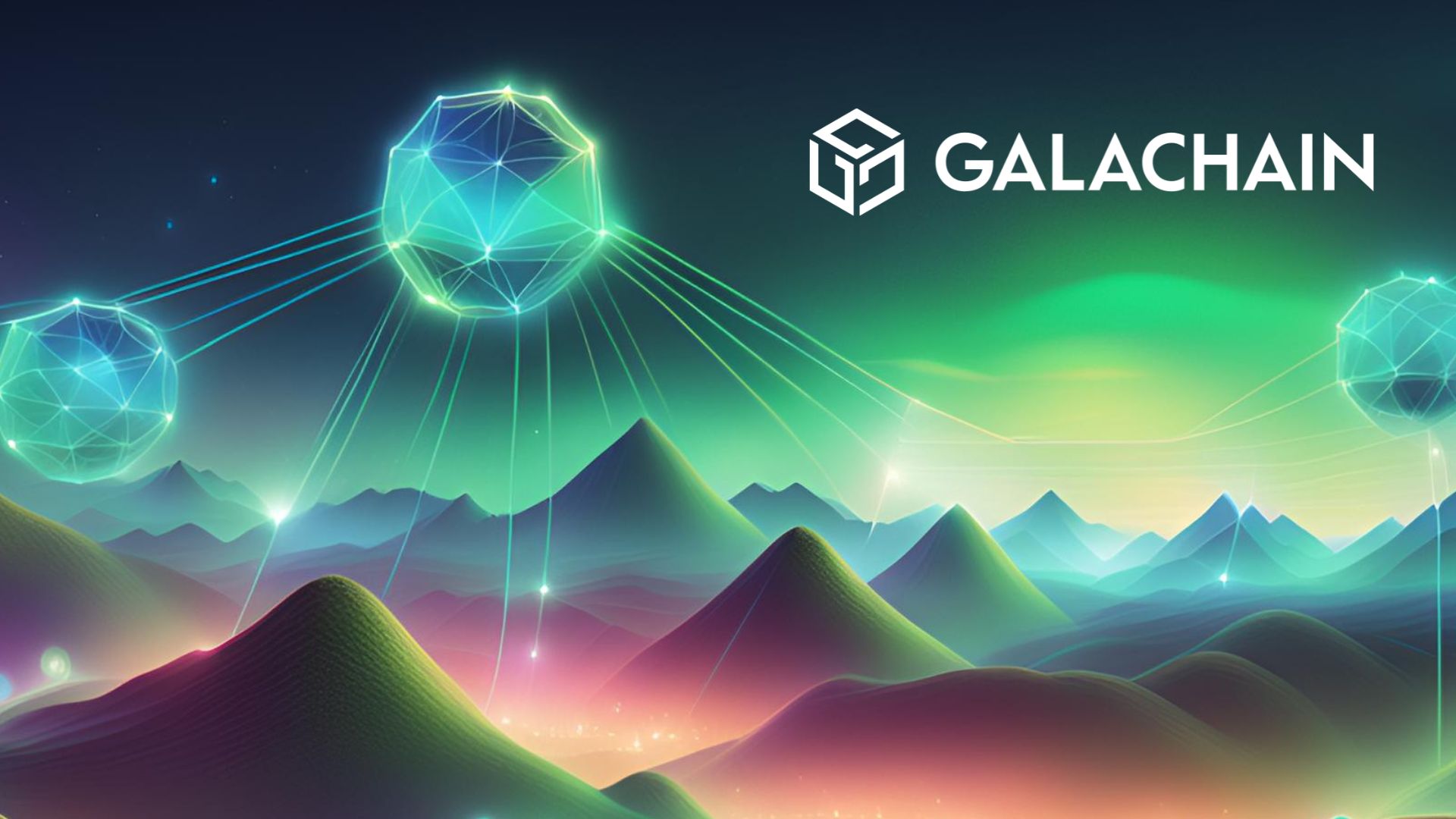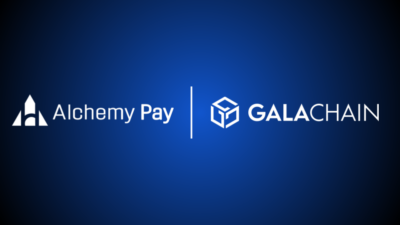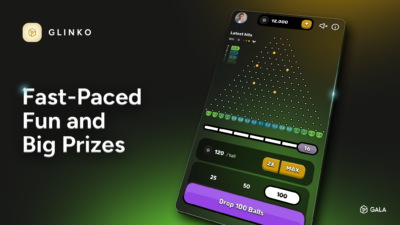For years, the internet promised a world of free exchange, open platforms and limitless opportunities for users and businesses alike. But as the web2 era unfolded, it became clear that centralization had corrupted that vision.
Large social media companies grew into monopolizing forces, controlling not only the traffic on the internet but also how businesses and consumers interacted with it. In doing so, these corporations turned users into products, selling their attention and personal data to the highest bidder.
But the tides are shifting. As consumers grow wise to the pitfalls of web2’s highly centralized control, web3 is emerging to flip the script, creating a new era where users are empowered through ownership and rewards. GalaChain is building this decentralized future, and our newly released Decentralization White Paper lays out exactly how we plan to return control to the people.
The Corruption of Web2: How Centralization Stole the Internet
In the early days of Web2, platforms like Facebook, Google and Twitter became the primary gateways to the internet. They offered free services—social networking, search engines, video sharing—that felt like the ultimate democratization of information. But there was a catch: these platforms were amassing unprecedented amounts of user data.
What began as simple tools to connect people soon evolved into sophisticated surveillance networks. Every click, like and search was tracked, collected and sold to advertisers. These companies turned our attention into the most valuable commodity, and they profited enormously. The internet, which was once open and free, became dominated by a few corporations who could undercut small businesses and charge whatever they wanted for advertising access to targeted audiences.
Even more troubling, users—without realizing it—became the products of the web2 era. Our personal data was collected, packaged and sold. This is why you now see hyper-personalized ads on social media—ads custom-tailored to your interests based on your digital footprint. While the convenience may seem like a benefit, its true costs are difficult to grasp.
Scratching the Surface: The Rise of Rewards and Loyalty Programs
As people became aware of how their attention and data were being monetized, companies began offering token rewards, like loyalty points or cash-back incentives, in an attempt to return a fraction of the value users had generated. These rewards programs, however, barely scratched the surface. While they provided small benefits, they didn’t address the fundamental issue: users were still at the mercy of centralized platforms that controlled the flow of information, access and value.
The monopoly of web2 companies meant that small businesses struggled to compete unless they could afford the rising costs of paid advertising in addition to all the costs of doing business. The internet, once seen as a level playing field, became tilted in favor of a few massive corporations.
Web3: Flipping the Script on Centralization
This is where web3 steps in. Web3 fundamentally reimagines how value is distributed in digital ecosystems by returning ownership and rewards directly to users, rather than filtering it through centralized middlemen. Powered by blockchain technology, Web3 empowers individuals to take control of their data, their interactions, and the value they create.
In the GalaChain ecosystem, we call this empowerment.
Through decentralization, we are building an ecosystem where users are not the product but the owners. In Web3, you can actually own your data, your digital assets and your interactions. Whether it’s through NFTs in gaming, ownership of digital content, or participation in decentralized applications (dApps), users can now become the beneficiaries of the value they generate.
GalaChain’s Vision: Empowering Users Through Decentralization
Our Decentralization White Paper marks a significant step in Gala Games’s mission to empower users by creating a decentralized, developer-first network. With GalaChain, we’re building a blockchain that is not only capable of handling the needs of the entertainment industry but can also scale to support developers from a wide range of sectors. More importantly, this decentralized system returns ownership and value directly to the users and developers who power it.
Here’s how Web3, and by extension GalaChain, flips the Web2 model on its head:
- Ownership of Digital Assets: In Web3, users don’t just engage with platforms—they own pieces of them. This means everything from in-game assets in Gala Games to music rights in Gala Music can be fully owned, transferred, and monetized by users.
- Rewards for Participation: Rather than collecting user data for profit, decentralized platforms like the GalaChain ecosystem reward users for their participation. Whether it’s node operators collecting $GALA tokens daily or players and creators benefiting from their contributions to the ecosystem, Web3 ensures that some sort of value flows back to the people who make it possible.
- Decentralized Governance: In our new decentralized future, users also have a say in how the platforms evolve. GalaChain Improvement Proposals (GIPs) will allow the community to submit and vote on changes to the network, ensuring that no single entity has undue control.
The Future of Web3: Join Us on the Path to Decentralization
The power of Web3 lies in its ability to break free from the centralized control that has defined web2. We are no longer passive products in a corporate system—we are empowered participants in a decentralized network. At GalaChain, we’re excited to be at the forefront of this revolution. Our Decentralization White Paper outlines how we will build a more open, fair, and empowering ecosystem, and we invite you to join us on this journey.
The future is decentralized. It’s time to reclaim control over our digital lives.





